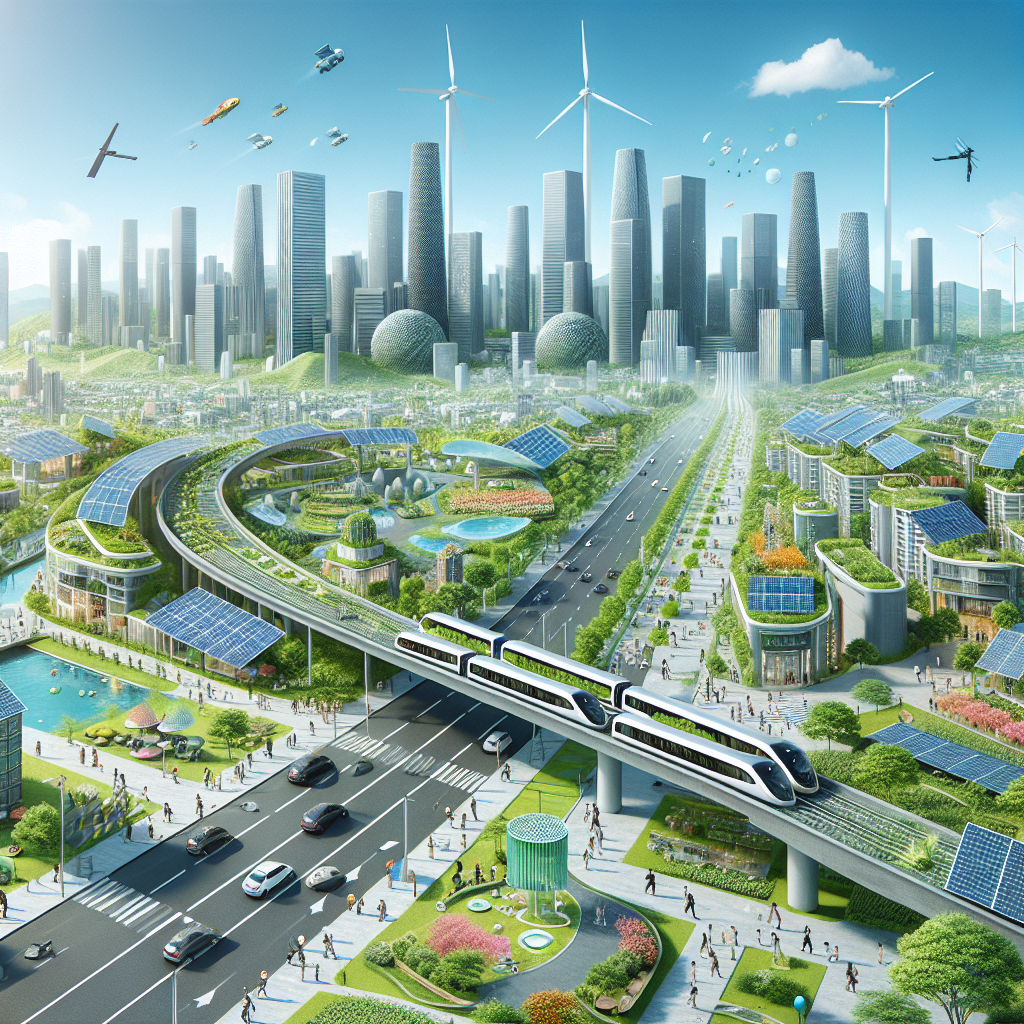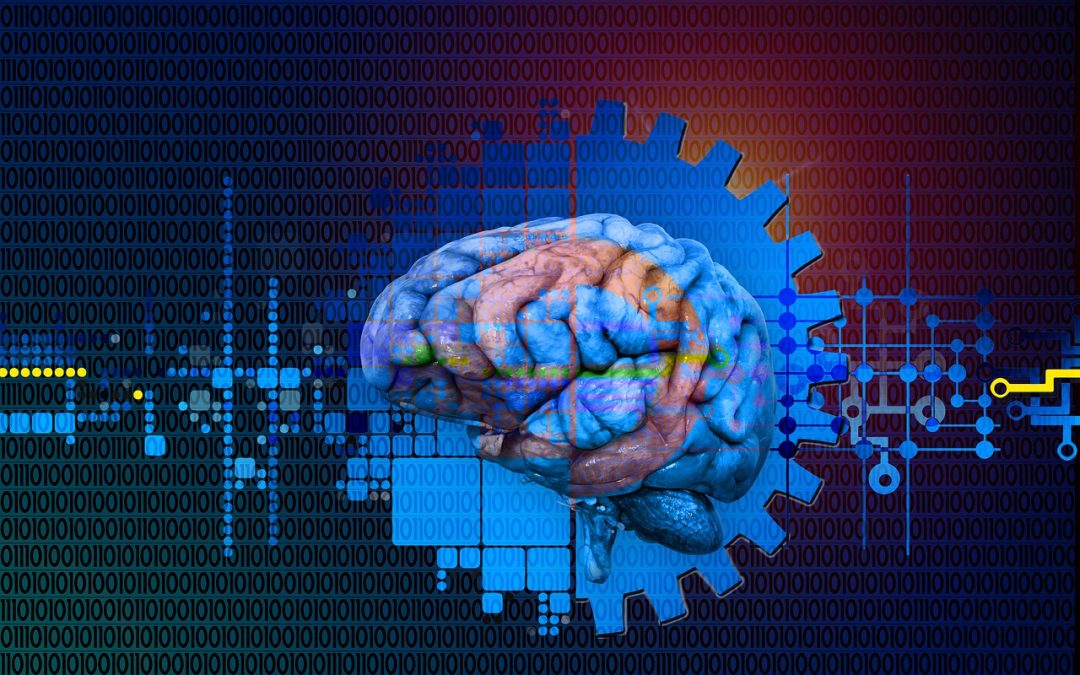
Over the past decade, we have witnessed significant technological advancements that have revolutionized various industries. These advancements have created new opportunities and challenges for businesses across the globe. In this article, we will explore the potential future trends related to three key themes: artificial intelligence (AI), Internet of Things (IoT), and sustainability.
Artificial Intelligence (AI)
AI has already made its mark in various industries, such as healthcare, finance, and transportation. However, the potential for AI is far from exhausted. In the coming years, we can expect AI to play an even more significant role in transforming businesses.
- Increased Automation: AI will continue to automate routine tasks across industries, freeing up human resources to focus on more complex and creative tasks.
- Improved Customer Experience: AI-powered chatbots and virtual assistants will become more sophisticated, providing personalized and real-time customer support.
- Data Analytics: AI algorithms will be utilized to analyze large volumes of data, leading to more accurate predictions and insights for businesses.
- Enhanced Cybersecurity: AI will be used to detect and respond to cyber threats in real-time, strengthening the security posture of organizations.
Internet of Things (IoT)
The IoT has already connected billions of devices and is revolutionizing how we interact with technology. The potential future trends related to IoT are vast and can impact various industries, including healthcare, manufacturing, and transportation.
- Increased Connectivity: The number of connected devices will continue to grow, creating a more connected ecosystem of smart devices that seamlessly communicate with each other.
- Advanced Analytics: IoT-generated data will be leveraged to gain valuable insights, leading to more efficient processes, predictive maintenance, and improved decision-making.
- Smart Cities: IoT will play a crucial role in transforming cities into smart cities, enabling optimized resource management, efficient transportation systems, and improved quality of life.
- Enhanced Healthcare: IoT devices and wearables will enable remote patient monitoring, personalized treatments, and improved healthcare outcomes.
Sustainability
The importance of sustainability has become increasingly apparent in recent years. Businesses are recognizing the need to minimize their environmental impact and contribute to a sustainable future. The potential future trends related to sustainability will reshape industries and drive innovation.
- Renewable Energy: The adoption of renewable energy sources, such as solar and wind power, will continue to increase to reduce reliance on fossil fuels.
- Circular Economy: More businesses will adopt circular economy practices, focusing on reducing waste, reusing materials, and recycling to create a more sustainable supply chain.
- Green Technologies: Innovation in green technologies will accelerate, resulting in more energy-efficient products, sustainable packaging solutions, and eco-friendly manufacturing processes.
- Corporate Social Responsibility: Businesses will increasingly prioritize social and environmental responsibility, aligning their values with conscious consumer demands for ethical and sustainable products.
Predictions and Recommendations
Based on these potential future trends, it is crucial for businesses to stay ahead of the curve and adapt to the changing landscape. Here are some predictions and recommendations for the industry:
Prediction: The integration of AI, IoT, and sustainability will lead to the emergence of smart and sustainable cities, where advanced technologies are used to improve the quality of life while minimizing the environmental impact.
Recommendation: Businesses should invest in research and development to leverage the potential of AI and IoT in creating sustainable solutions. Collaborations with startups and academia can foster innovation in this domain.
Prediction: The demand for ethical and sustainable products will continue to rise, necessitating transparency and traceability throughout the supply chain.
Recommendation: Companies should implement sustainable practices across their operations, from sourcing materials to manufacturing and distribution. Communication of these practices to consumers will help build trust and loyalty.
By embracing AI, IoT, and sustainability, businesses can not only stay competitive but also contribute to a more sustainable and connected future. The potential future trends discussed in this article serve as a roadmap for businesses to navigate this evolving landscape successfully.
References:
- “Artificial Intelligence” – World Economic Forum. Available at: https://www.weforum.org/ai/
- “Internet of Things” – Forbes. Available at: https://www.forbes.com/iot/
- “The Future of Sustainability” – International Institute for Sustainable Development (IISD). Available at: https://www.iisd.org/sustainable/
